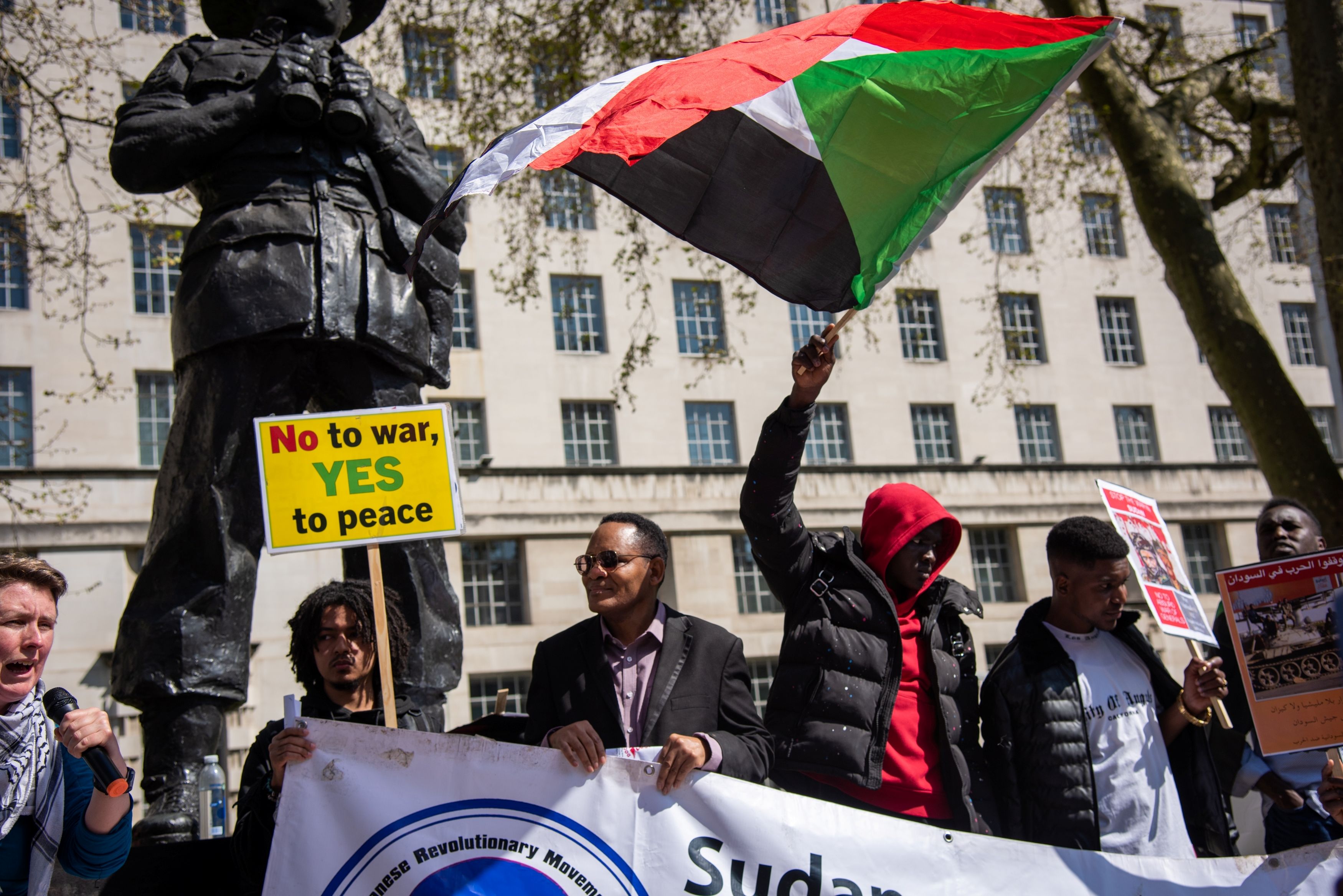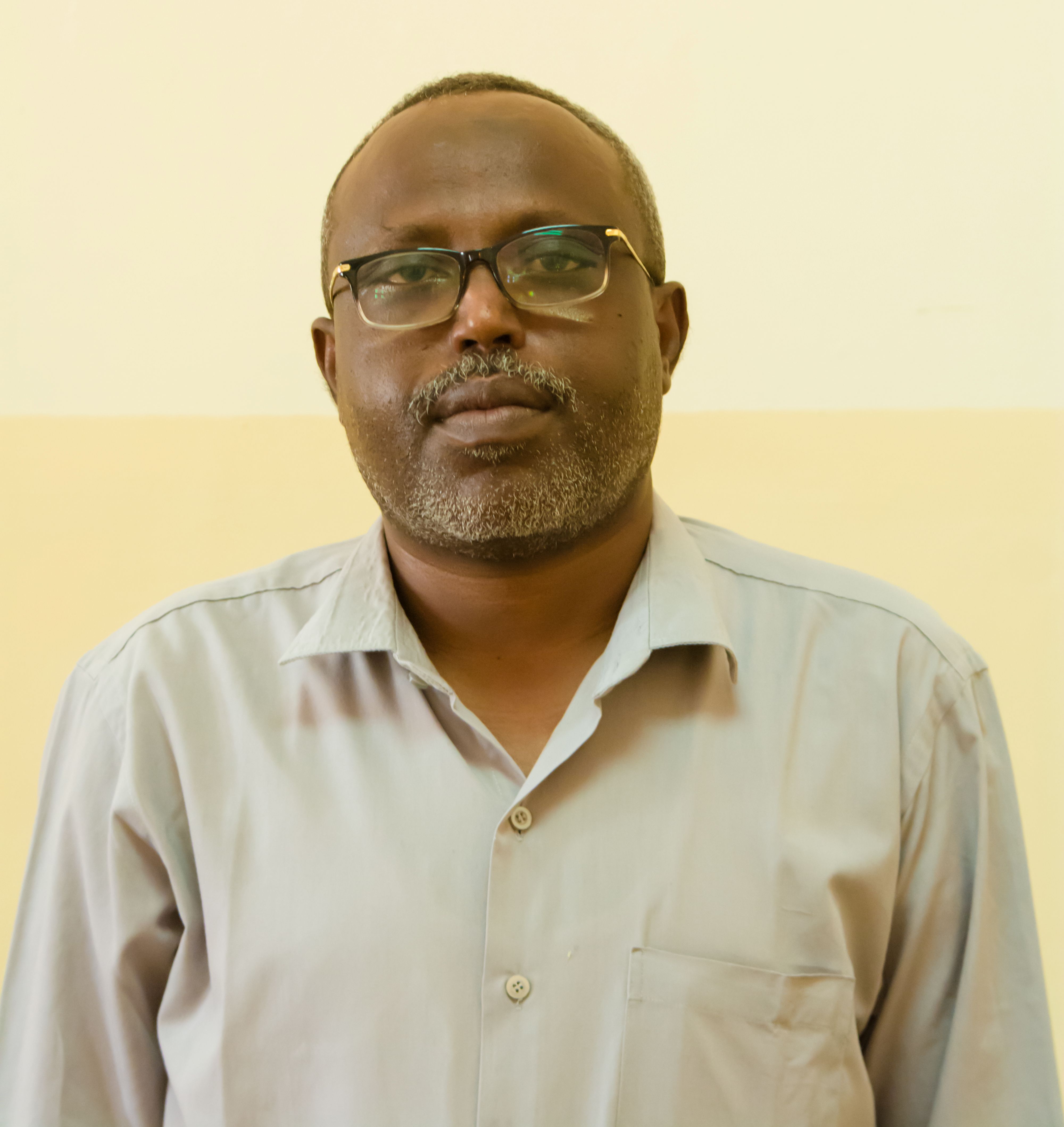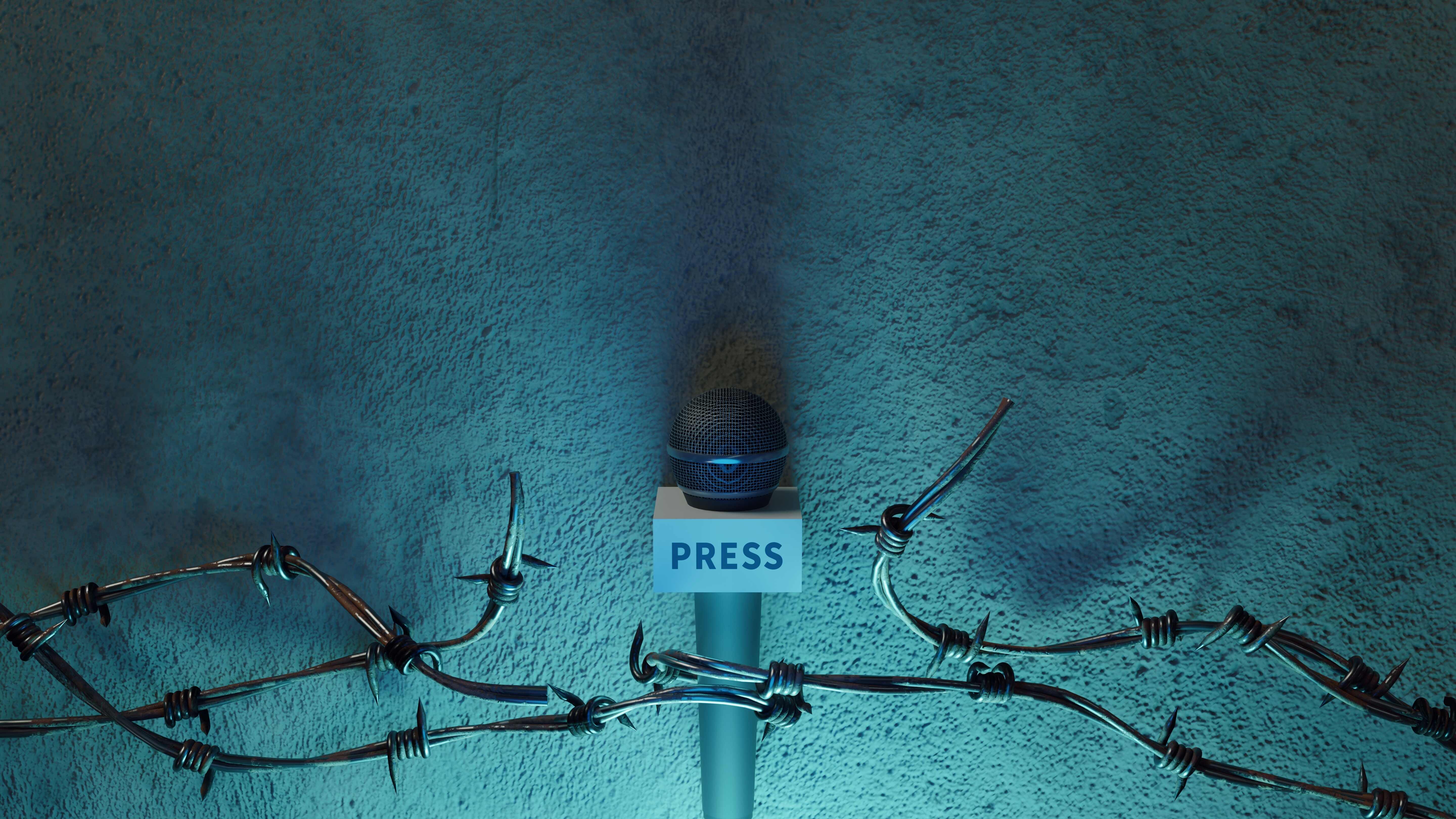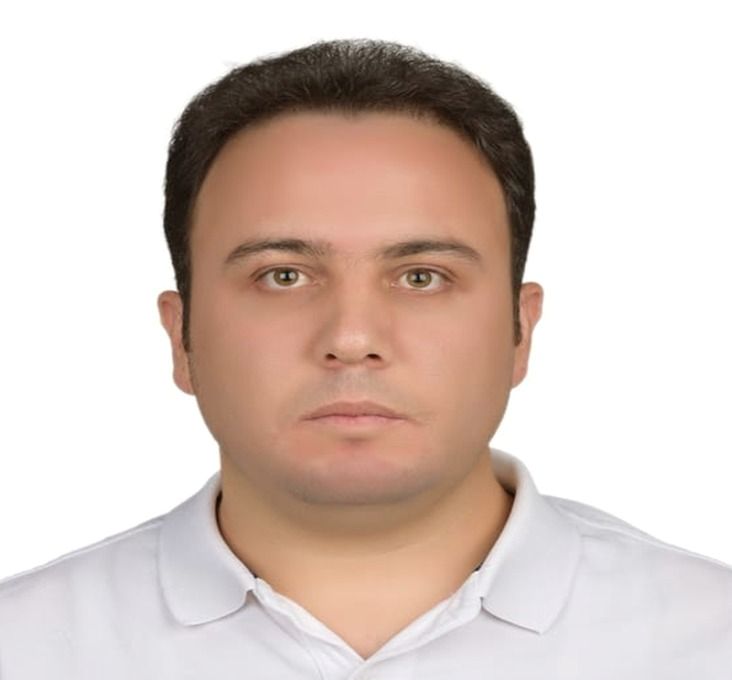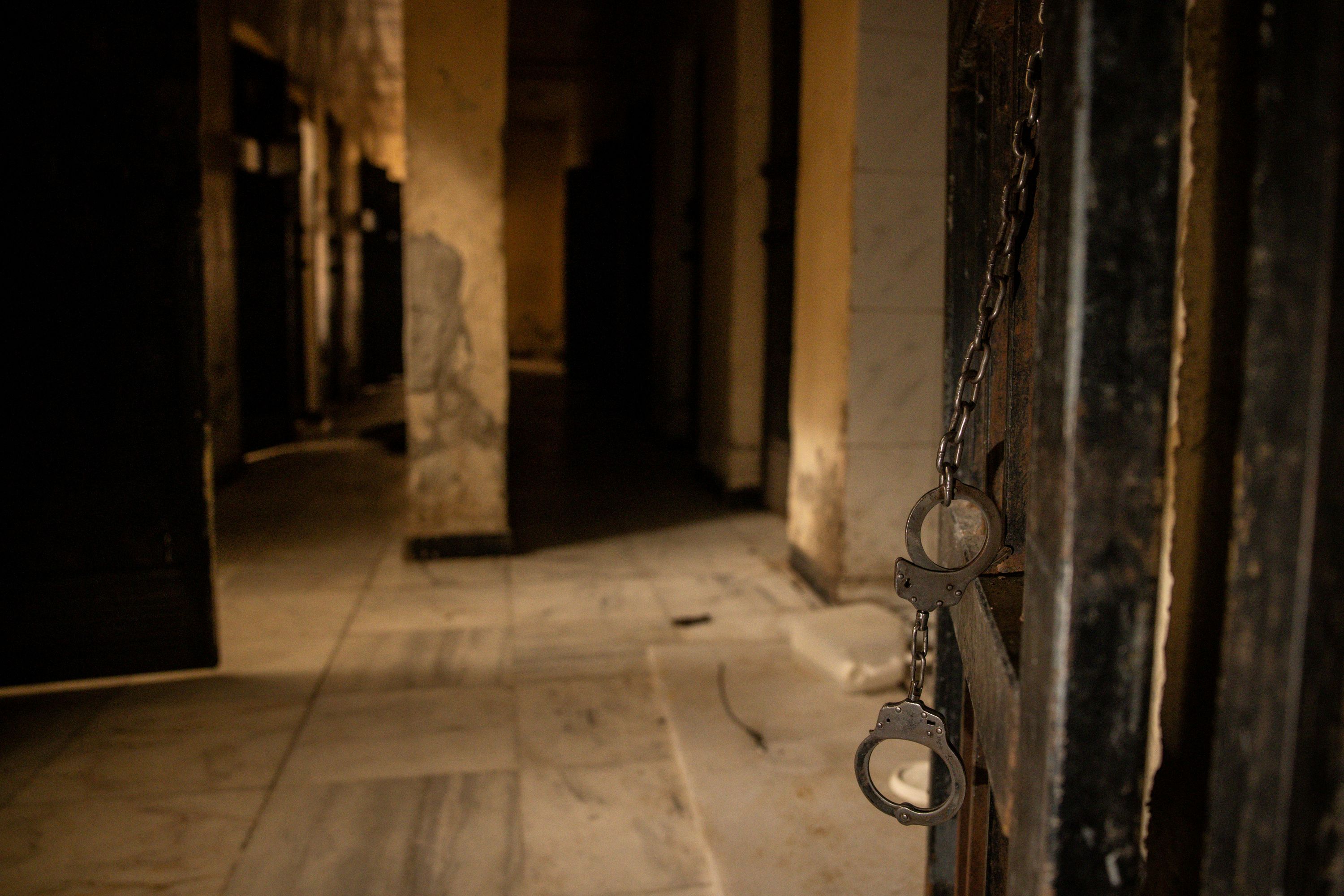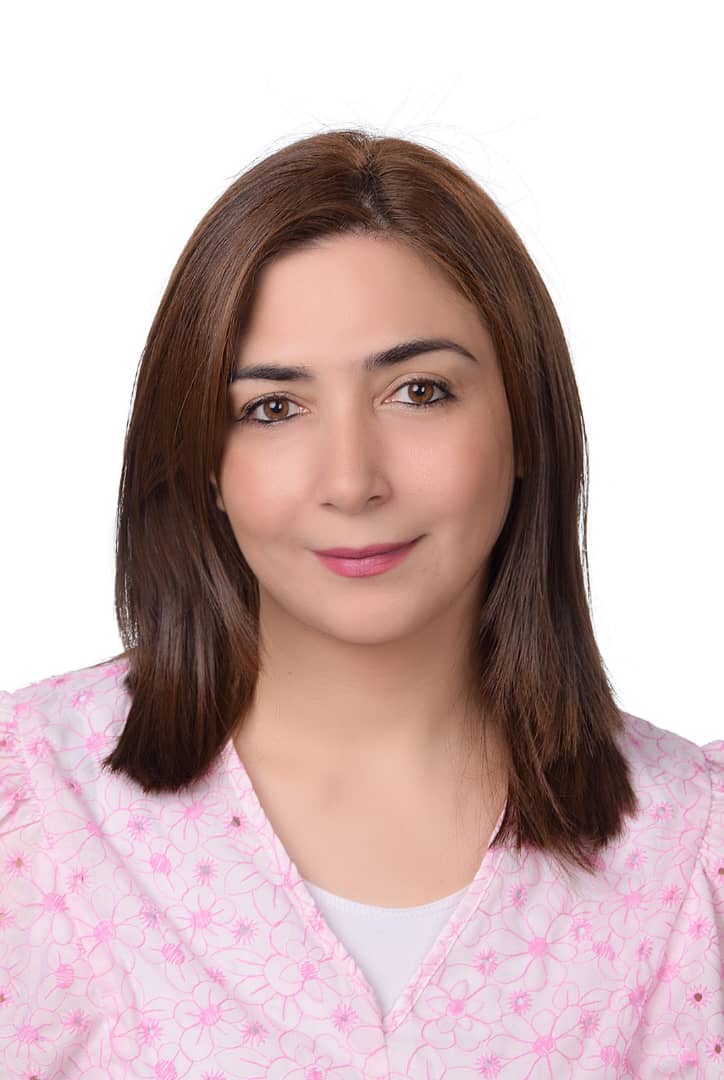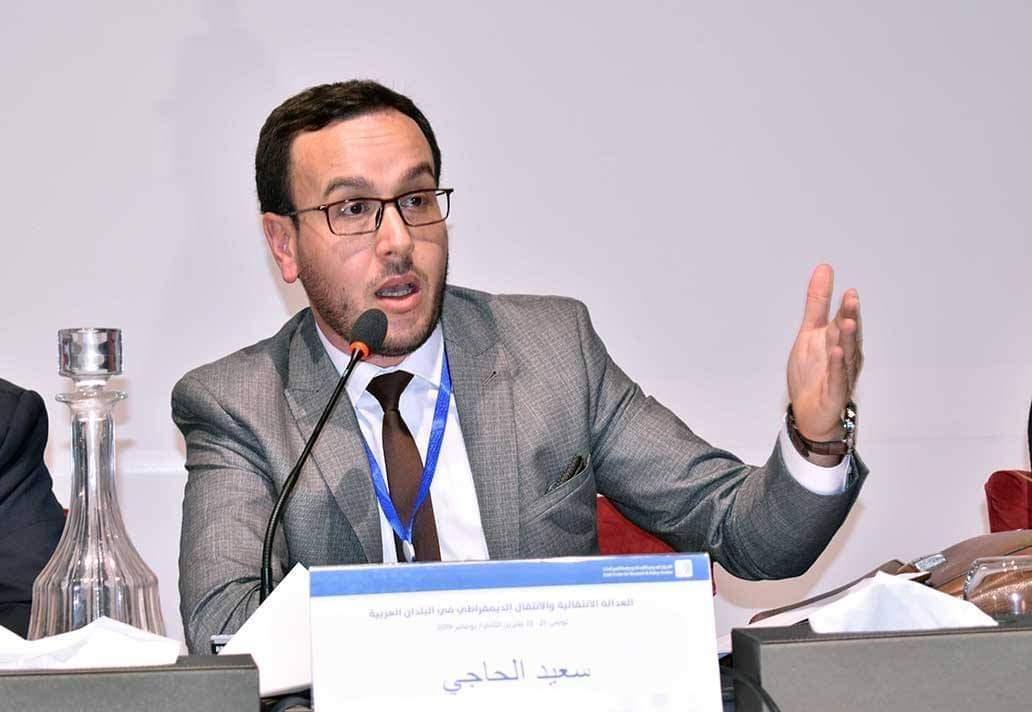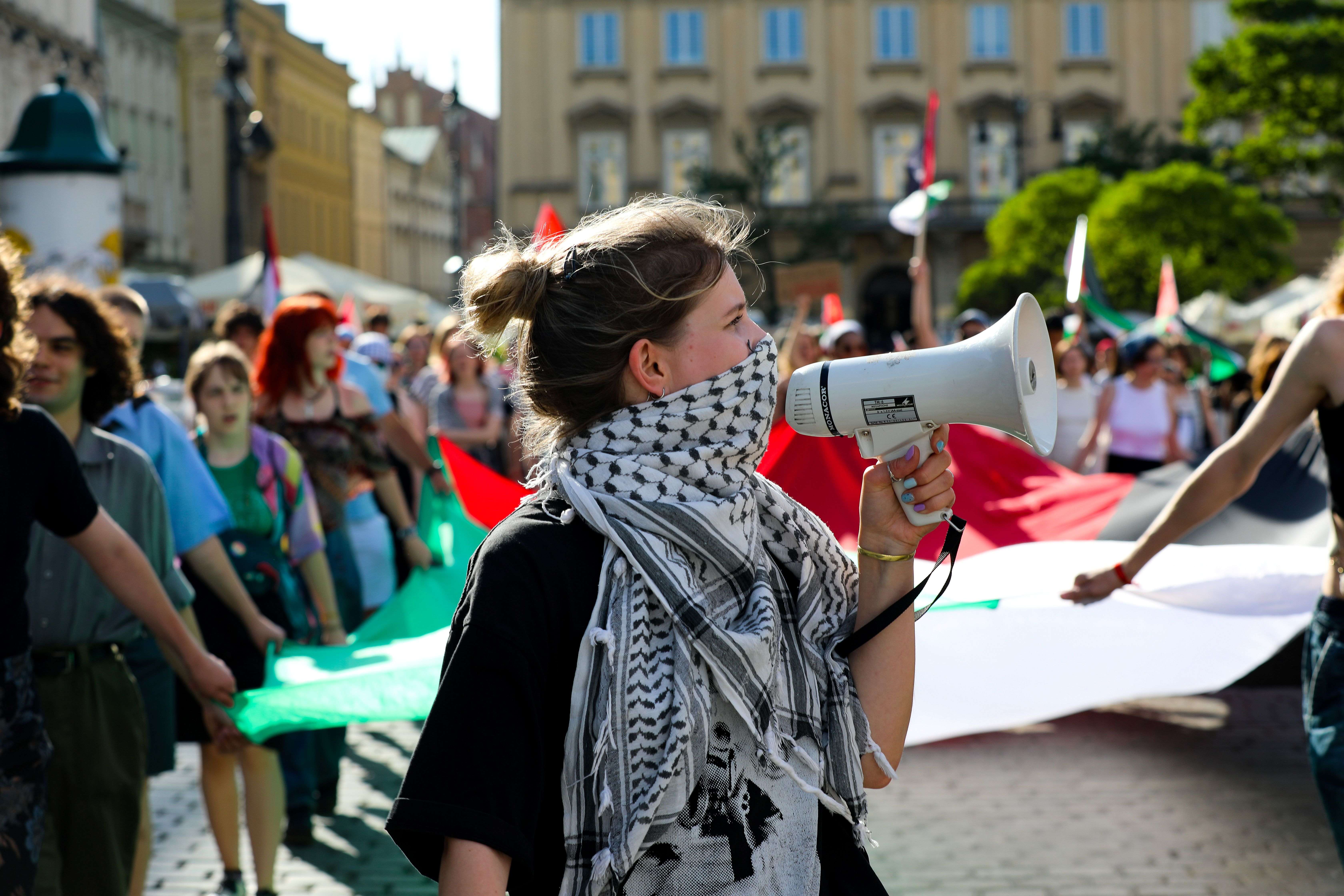The US continues to shroud policies for the ‘War on Terror’ behind a veil of secrecy. This undermines democracy and a free press, and means no justice for one American journalist who claims he has been targeted for assassination on five separate occasions, nor for countless civilian casualties of US drone attacks.
The US Supreme Court has refused to hear American journalist Bilal Abdul Kareem’s case calling on his government to admit it has targeted him for assassination on five occasions.
Bilal Abdul Kareem is a truth seeker who swapped the comedy circuits of New York for the Syrian war zone. He risked his life to report from opposition-held territory, operating on the ground to tell the stories of those facing the daily terror of government air strikes around the besieged city of Aleppo. But nothing prepared him for a fight that would take him all the way to the US Supreme Court, in an effort to uncover a very different truth, with him at the centre of the story.
In a case brought by our justice campaign group - 3DC - and the law firm LBKM, Abdul Kareem sued the Central Intelligence Agency (CIA), to force it to admit a very basic truth: that he has been placed on a “kill list” as part of the government’s assassination programme. Abdul Kareem's modest claim was that his constitutional rights as a US citizen will be violated if he is subjected to the death penalty without charges or a trial, and without the chance to defend himself.
In a piece he wrote for Al Jazeera in 2016, Abdul Kareem, who converted to Islam in 1997, described the dangers of reporting from a war zone, but said he perseveres because “getting the truth to the world is important”. His philosophy to try and understand “the opposing point of view” led him to give airtime to a number of different Syrian groups, with varied perspectives, through his “On the Ground News Network”.
The only people he would not talk to were the Assad regime and ISIS. His unique position as a US citizen in Syria gave him the opportunity to contribute to a number of other media organisations including Al Jazeera, CNN and Middle East Eye, exposing the horrors inflicted by all sides in the conflict. For this approach to his reporting, he has been accused by many of being a "jihadist propagandist".
He has never been given a reason for the attempts on his life, including one in which his SUV suffered a direct hit by a hellfire missile, fired from a US drone.
Abdul Kareem's search for truth took him first to the Washington, DC District Court where, in 2019, his case was dismissed on the grounds of national security – it would apparently threaten the US (rather than Abdul Kareem) to have to admit he was a target for assassination. His appeal to the Circuit Court of Appeals failed again to lift the veil of secrecy early in 2021.
Abdul Kareem went to the US Supreme Court in search of both truth and justice, but the justices refused even to hear his petition.
Since the events of 9/11 and the creation of a permanent “state of exception”, the US government has consistently invoked “national security” as grounds to maintain secrecy about a number of its “Global War on Terror” policies. These include its so-called “enhanced interrogation techniques” - widely condemned as torture - and indefinite detention without trial, which continues today with 39 detainees who remain in Guantanamo Bay.
The drone assassination programme, or what we would call the death penalty without trial, became the “go-to” weapon of choice for President Obama’s administration, and he escalated the use of drones in Afghanistan, Pakistan, Yemen and Somalia in particular. What he considered to be a “clean” method of dealing with terrorists, using “surgical precision”, however, was anything but.
Agnes Callamard, former UN Special Rapporteur on extrajudicial, summary and arbitrary executions, described the notion of surgical strikes as a “myth”. There have been countless examples of innocent lives lost to the "precision" targeting of armed drones, whether through proximity to the strike or mistaken identity. Indeed, it was a combination of the two that led to the recent killing of 10 members of the Ahmadi family in Kabul, including seven children, as the US withdrew from Afghanistan.
“I’m not surprised,” Abdul Kareem said when 3DC called to tell him the Supreme Court had declined to intervene. “I expected this because if they deal with me with justice and with fairness they're going to have to deal with other people with justice and fairness.”
The Supreme Court ruling sets a dangerous precedent, offering no accountability to those the US simply decides it has the right to kill without due process. It also gives the green light to the US covert assassination programme and remote controlled “man-hunting” now also advocated by President Biden.
In a speech on August 31, 2021, Biden described what he called “over-the-horizon capabilities”, widely accepted to mean the use of drones and other military technologies such as autonomous weapons, and promised those who wished America harm: “We will hunt you down to the ends of the Earth, and … you will pay the ultimate price.”
The message is clear. The US government does not want its national security policies under the spotlight, particularly one where the victims are most often unseen and voiceless, living in remote areas in far off countries, out of the gaze of public scrutiny.
The wider human rights implications of this latest ruling are stark. If Abdul Kareem, as a US citizen, can be subject to the death penalty without trial, what hope do the millions of those living under the constant threat of drones around the world have?
Clive Stafford Smith also contributed to this article
Pauline Canham is a freelance writer focusing on colonialism and counter-terrorism. She volunteers for the justice campaign group, 3DC.
The views expressed in this article are the author’s own and do not necessarily reflect Al Jazeera Journalism Review’s editorial stance










